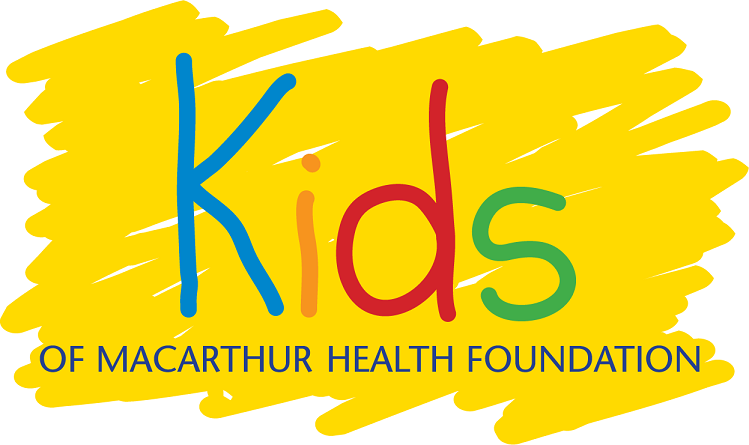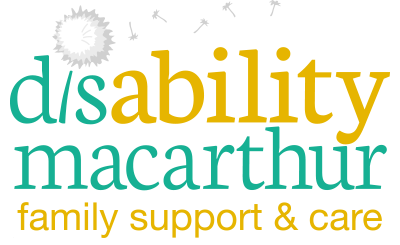 Much research has focused on the physical impact of brain and orthopaedic injuries on the patients but what about the impact that it bears on carers and families?
Much research has focused on the physical impact of brain and orthopaedic injuries on the patients but what about the impact that it bears on carers and families?
This prompted Ingham Institute Brain Injury Rehabilitation Group Leader Associate Professor Grahame Simpson to introduce Strength 2 Strength, a unique trauma program designed to help build resilience amongst families and carers of patients with brain and spinal injury that will launch nationally ahead of the Ingham Institute second annual luncheon this Friday, March 6 at Camden Lakeside.
“Prior research relating to chronic illness and child disability fields suggested that building resilience is a critical factor that modulates the quality of family adjustment,” explained Prof Simpson.
“However, there was no research investigating resilience amongst families and carers with Spinal Cord Injury (SCI) or Traumatic Brain Injury (TBI) – instigating the need to investigate the link between resilience and these particular areas of injury.”
The statistics for specific TBI and SCI injuries in South West Sydney are above average, with many cases attributed to motor vehicle accidents.
In the Liverpool LGA alone there were 1,124 people injured directly from motor vehicle accidents in 2013. On a state level, 37.8 per cent of trauma admissions in NSW are due to motor vehicle accidents, highlighting it as a serious health issue impacting our community. Beyond the time of accident, the long-term costs of caring for patients with TBI or SCI equates to $10.8 billion nationally, creating significant financial and emotional hardship for families and carers.
The Ingham Institute Strength 2 Strength program is a world-first psycho-educational group program that aims to support families and carers to cope with caring for patients with TBI or SCI.
It gives participants guidance on coping emotionally with the impact of injury, becoming more proactive in their communication with health professionals and identifying the strengths that can act as coping mechanisms. It also gives carers and families’ tips on how access much-needed social and economic resources to cope with the financial and emotional turmoil associated with long-time, and often, lifetime care.
“The immediate reaction after injury is to focus on the patient’s physical and psychosocial health, which often leads to the feelings of chronic hopelessness and sometimes suicide – however these are things which often impact the carer as well,” explained Prof Simpson.
“In fact, the impact on families and carers often bears more of a brunt emotionally and psychologically in terms of their ability to process the impact of the injury and what it means for them long-term,” he continued.
“This can include things like making modifications to homes for wheelchair bound patients and registering the fact that they are responsible for providing full-time care for their son, daughter, mother or relative for the rest of their lives – a daunting and traumatising revelation for many people.”
The Strength 2 Strength program was evaluated in 2012 via a multi-centre controlled clinical trial involving 49 family members that were recruited from seven rehabilitation centres across NSW. Due to the success of the trial, it was rolled out throughout NSW and is now a standard program conducted at Liverpool Hospital, where Prof Simpson works in parallel with his role as a researcher at the Ingham Institute. Due to the immense take-up and success of the program within NSW, work is already under way to roll out the program in South Australia and Victoria from this month.
According to Prof Simpson, the feedback from participants involved in Strength 2 Strength so far has been overwhelmingly positive, resulting in significant increases in positive emotion and strategy use by families and carers of injured patients.
“Many of the carers and family members have described the program as a lifesaver in terms of providing them with vital support to enable them to cope with their role as a full-time carer for a TBI or SCI sufferer,” he said.
“It also shifts the focus onto the carer rather than focusing on the patient in isolation, addressing their needs and concerns. This approach helps to empower them and help them build the strength and resilience needed for their role as a carer.”
Dr Simpson will be presenting the Strength 2 Strength program at Friday’s sold out luncheon.
The event will celebrate International Women’s Day and highlight the Ingham Institute’s ground-breaking injury research projects.



